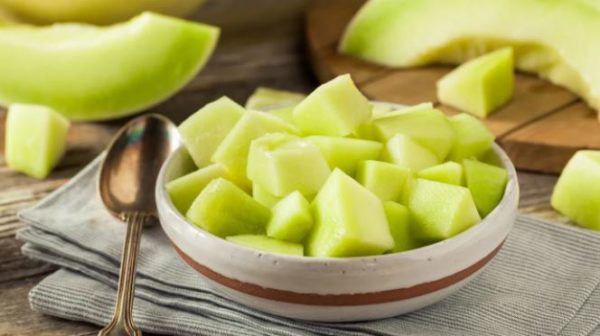Lifestyle
5 surprising health benefits of honeydew melon

The sweet flesh of honeydew is typically light green, while its skin has a white-yellow tone. Its size and shape are similar to that of its relative, the cantaloupe.
Honeydew melon is available worldwide and can be eaten by itself or used in desserts, salads, snacks and soups.
Though its greatest appeal may be its flavor, honeydew is also nutritious and may provide several benefits. Here are five surprising benefits of honeydew melon.
1. Rich in nutrients
In fact, the various nutrients and plant compounds may be responsible for its many potential health benefits. The diverse nutrient profile of honeydew is arguably its most valuable asset.
In addition, the honeydew fruit and seeds also contain compounds with strong antioxidant capacity, including beta-carotene (pro-vitamin A), phytoene, quercetin and caffeic acid.
2. May help reduce blood pressure
In general, a diet rich in fruits and vegetables is associated with a reduced risk of high blood pressure and heart disease.
More specifically, it’s well established that a low-sodium diet and an adequate potassium intake can positively influence your blood pressure regulation. As honeydew melon is a low-sodium and potassium-rich fruit, it may help you maintain healthy blood pressure levels.
3. May improve blood sugar control
Some research indicates that eating fruits, such as honeydew melon, regularly may promote healthy blood sugar levels.
A recent seven-year study in half a million people found that those who consumed fresh fruit daily were 12% less likely to develop diabetes, compared to those who rarely ate fruit.
4. May support healthy skin
Eating honeydew melon may support healthy skin due to its high vitamin C content. Adequate vitamin C intake is imperative for the proper production of collagen, a major structural protein that’s vital for repairing and maintaining your skin tissue.
Additionally, because vitamin C is a powerful antioxidant, some research indicates that it may protect your skin against sun damage.
5. May boost your immune system
Vitamin C is arguably best known for its role in supporting immune function, and honeydew melon is loaded with it. The human immune system is complex and requires a wide array of nutrients to function properly — vitamin C is a critical component.
In fact, research suggests that adequate intake of dietary vitamin C may both prevent and treat various respiratory and systemic infections, such as pneumonia and the common cold.






